Why boundaries matter in nursing and care work
Professional boundaries play a vital role in maintaining emotional safety and effective caregiving. Care work often involves intense emotional connections, physical closeness, and ongoing interpersonal dynamics. Without clear boundaries, both carers and patients can experience stress, confusion, or burnout. Setting and respecting boundaries protects everyone involved.
In nursing, boundaries guide the line between a caring relationship and one that becomes too personal or emotionally draining. For instance, while empathy and compassion are core to nursing, over-identifying with patients may lead to emotional fatigue or ethical dilemmas. Maintaining professional boundaries ensures decisions are made in the patient’s best interest, not influenced by personal feelings.
The benefits of setting professional boundaries
Boundaries also help to manage workload and time, preventing overcommitment that can affect care quality. By setting realistic limits – such as defined work hours or task responsibilities – nurses and carers can better manage stress and avoid burnout. This contributes to long-term job satisfaction and improved patient outcomes.
Importantly, boundaries in care and nursing work support trust. Patients feel safer when professionals demonstrate consistency, professionalism, and respect for personal space. Clear guidelines also reduce the risk of misunderstandings or inappropriate interactions, fostering a safe, ethical environment for both staff and patients.
Finally, effective boundary-setting is not just about saying “no.” It involves communication, self-awareness, and understanding professional roles. Awareness in this area is essential, as every care situation is unique and requires thoughtful judgment.
In conclusion, boundaries in care and nursing work are not barriers – they are essential tools. They protect emotional health, uphold ethical standards, and ultimately enhance the quality of care delivered.







